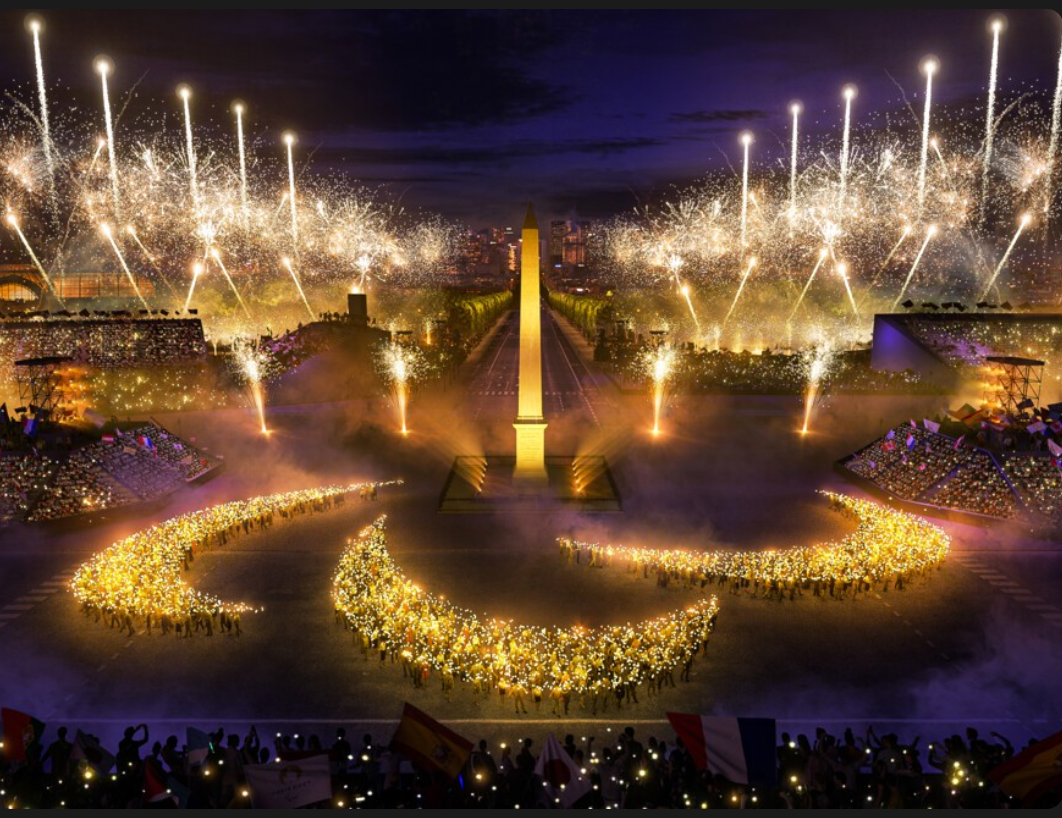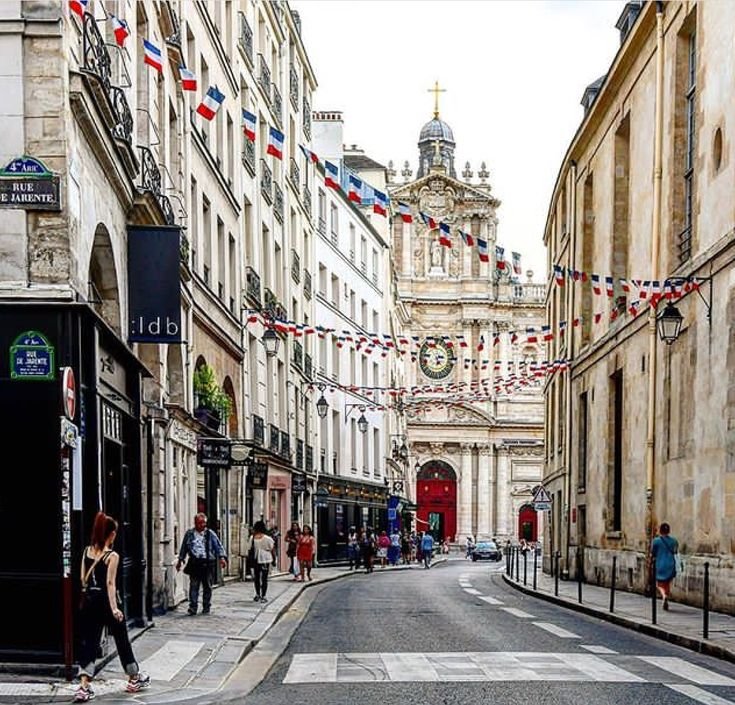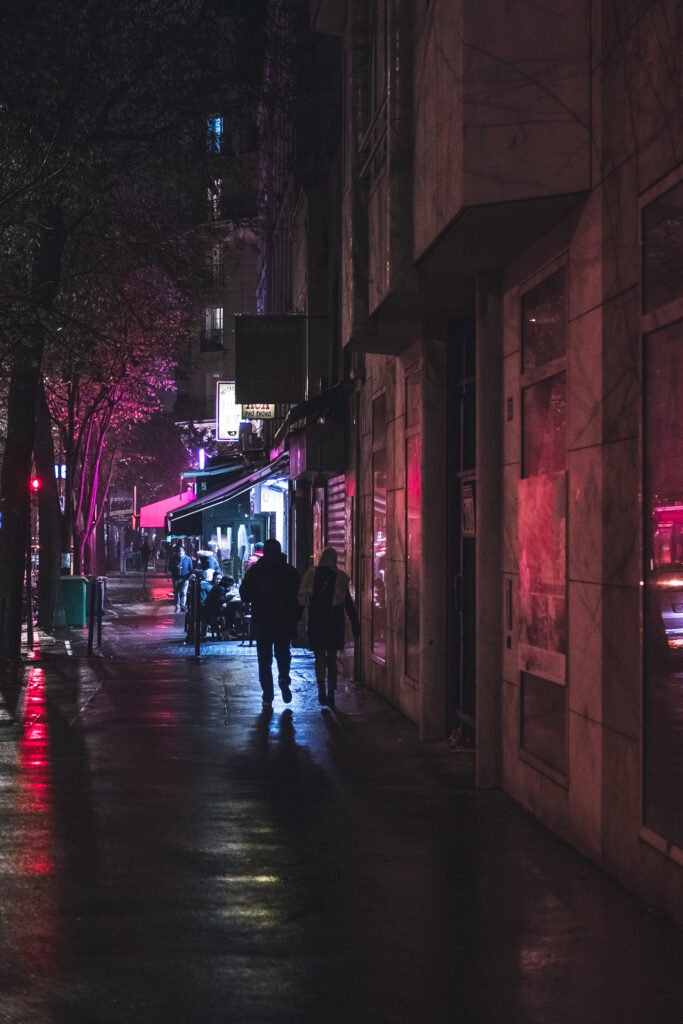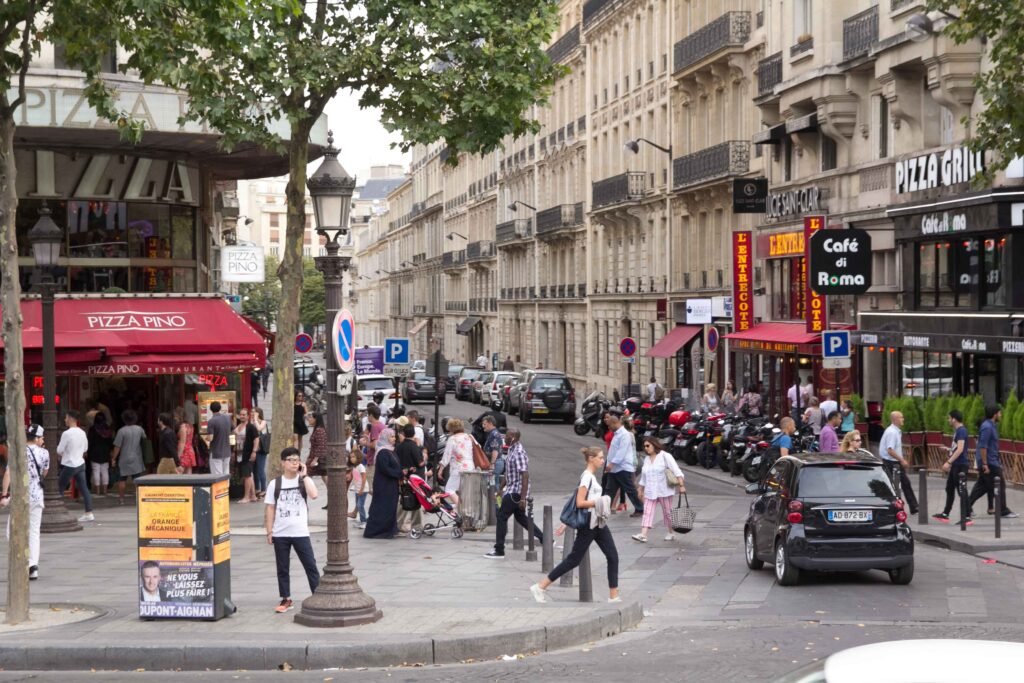Almost exactly 100 years separate the 1924 Paris Olympics from the upcoming 2024 Games in the same city. Back in 1924, black athletes made their barrier-breaking debut on the Olympic stage, overcoming rampant racism and pioneering African participation. A century later in Paris, a new generation of black athletes aim to make history again by claiming gold and reaching new heights.
The 1924 Olympics: A Milestone Debut
The 1924 Summer Olympics marked the first appearance of black African athletes, an important milestone. Segregation and exclusion still permeated the Games, but the participation of runners like Len Taunyane of South Africa struck a symbolic blow against discrimination.
In total 15 black athletes competed in Paris in 1924, participating in track events like the 100 meters and marathon. They came from British and French colonies like Nigeria, Sierra Leone, French Morocco, and Kenya. Though none medaled, their presence set the stage for greater representation.
South Africa’s complex racial politics also came into play in 1924. The country sent six black athletes, but its apartheid system barred them from competing against whites. This approach drew heavy criticism, but it wouldn’t be until after apartheid ended that South Africa returned to the Olympics in 1992.
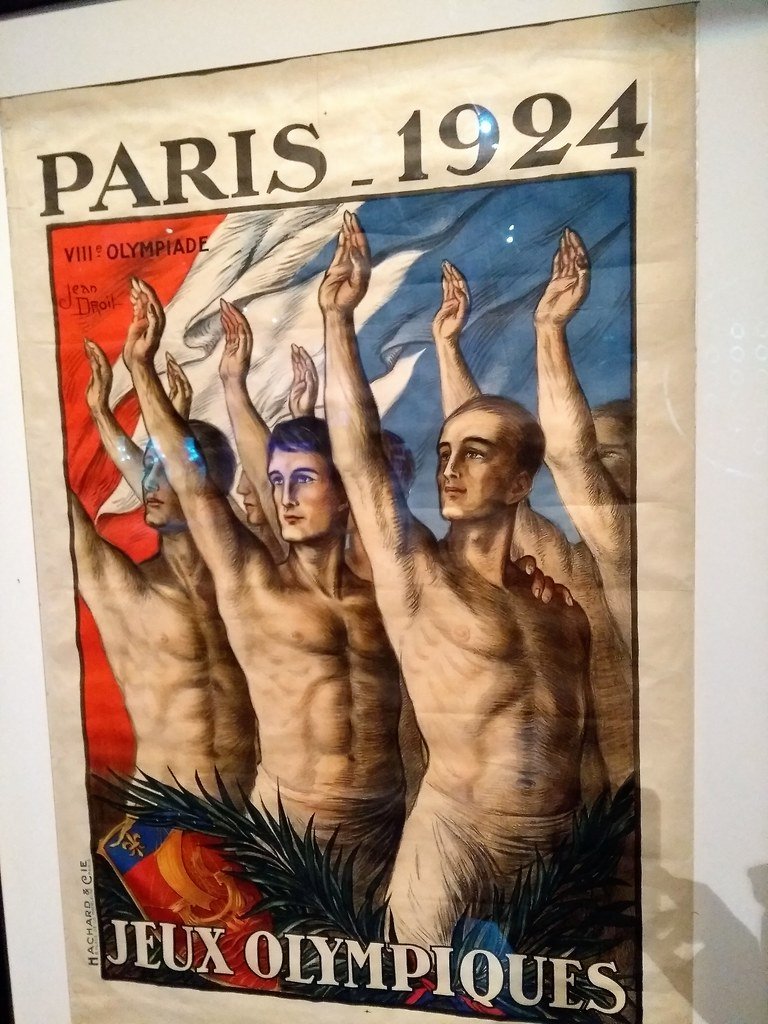
Making Progress by 2024
In contrast to the racism and barriers that marred the 1924 Games, Paris 2024 is expected to highlight diversity and black athletic prowess. A century of slow but steady social progress has opened new opportunities for black athletes to thrive.
Experts predict Paris 2024 black athletes will claim medals and set records across many events. Figures like American sprinter Noah Lyles and swimmer Simone Manuel are poised to make history. With abundant talent in the pipeline, the Paris Games could culminate a new era of black excellence.
Key Athletes Carrying Momentum
Several current black American athletes are headed to Paris on a mission, bringing momentum from previous Olympic successes. Noah Lyles took bronze in the 200m in Tokyo and now has his eyes set on surpassing Usain Bolt’s world record.
Swimming sensation Simone Manuel became the first African American woman to win individual Olympic gold in Rio. She’s recovered from health issues and preparing for Paris redemption after a disappointing Tokyo. Hurdler Keni Harrison lost out on gold by a hundredth of a second in 2021 – she won’t let that happen again.
These athletes underscore how far black participation has come since 1924. Their skill and drive reflect generations who fought discriminatory barriers so future stars could thrive. Their success in Paris will be a victory for racial progress.
Contrasting Eras: From Exclusion to Achievement
The contrast between 1924 and 2024 spotlights a dramatic shift. The 1924 Games exemplified the exclusion and second-class status imposed on black athletes globally. Segregation in sports mirrored wider societal racism denying opportunities.
In 2024, with barriers torn down, Paris will celebrate black athletes’ skill, hard work, and rightful place at the pinnacle of competition. Media coverage will highlight inspiring stories of young black Olympians connecting with youth. The progress over a century will be on full display.
Paris: Bridge Between Eras
It is poignant that Paris serves as the 2024 host, bookmarking the 1924 Games that sparked African participation. The city has its own complex racial history, from slavery to enduring inequalities. The Olympics are a chance to show a more inclusive vision.
The hostile environment facing pioneering black Olympians in 1924 makes their courage all the more remarkable. In 2024, all athletes will compete on equal footing, their skin color no impediment. Paris will bridge these two eras, with progress still needed ahead.
A Legacy To Build On
The legacy of those who forced open the Olympic gates in 1924 deserves recognition. Their sacrifices paved the way for black athletes to gain access and maximize their talents. Without them, the dazzling skill we expect in 2024 wouldn’t have developed.
Future Olympics must build on this momentum, promoting diversity and sending a message of unity. The journey from complete segregation to equal opportunity has been arduous, but real change takes time. By honoring our past while continuing to fight discrimination, the Olympic spirit can prevail.
Almost a century separates the 1924 and 2024 Olympics, both hosted by Paris. In 1924 black athletes emerged as pioneers, facing intense racism yet still competing with pride. In 2024 a new generation will highlight how far society has come, aiming to achieve Olympic glory their ancestors couldn’t dream of. It’s a reminder of progress made, while the struggle for true equality continues.
Let me know if you would like me to modify or expand this draft in any way. I can focus more on specific athletes, events, or details as needed. Please provide any feedback to help refine this blog post comparing black participation in the two Paris Olympics.

